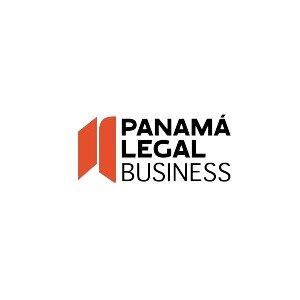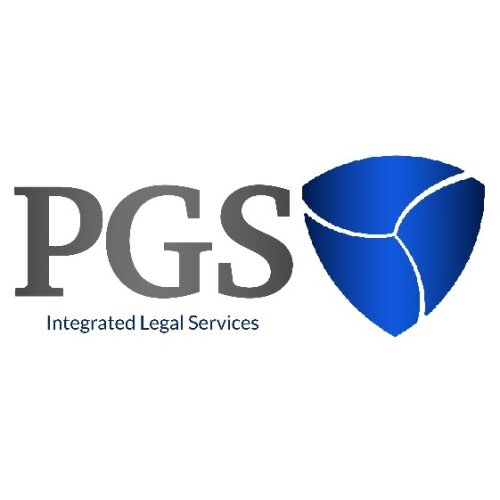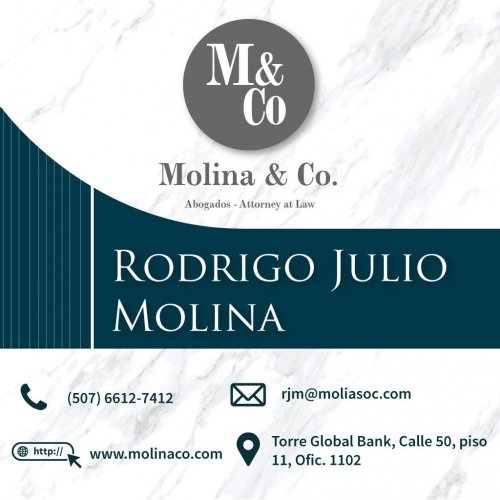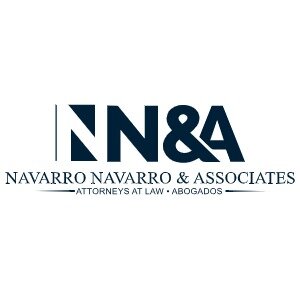Best Mortgage Lawyers in Panama
Share your needs with us, get contacted by law firms.
Free. Takes 2 min.
Free Guide to Hiring a Real Estate Lawyer
Or refine your search by selecting a city:
List of the best lawyers in Panama
About Mortgage Law in Panama
In Panama, the mortgage system is an essential component of the real estate market, facilitating property purchases by allowing buyers to secure loans using property as collateral. Mortgages in Panama are governed by specific laws designed to protect both lenders and borrowers. The process, although similar to global practices, involves unique local procedures and regulations that must be followed precisely to ensure the legality and smooth execution of mortgage agreements.
Why You May Need a Lawyer
Legal assistance in mortgage matters can be crucial for various reasons. Buyers often need help understanding the complex terms of mortgage agreements to ensure their interests are protected. Lawyers can assist in negotiations with lenders, help resolve disputes, or provide clarity on the full legal implications of taking out a mortgage in Panama. Moreover, if issues arise regarding property rights, defaults, or foreclosure, legal guidance becomes essential to navigate the proceedings effectively.
Local Laws Overview
The mortgage laws in Panama are predominantly outlined within the Civil Code and other legal statutes related to real estate and finance. Key aspects include the formal requirements for drafting mortgage agreements, regulations on interest rates, and procedures for registering mortgages in the Public Registry. Additionally, there are legal frameworks for dealing with foreclosure and the protection of consumer rights in mortgage agreements. It is vital for potential borrowers to be familiar with these laws to safeguard their property transactions.
Frequently Asked Questions
What is the typical process for obtaining a mortgage in Panama?
The typical process involves selecting a property, securing a pre-approval from a lender, negotiating mortgage terms, and signing a contract. The mortgage must then be registered at the Public Registry.
Are there restrictions on foreigners obtaining mortgages in Panama?
Foreigners can obtain mortgages in Panama, but they may be subject to different terms and conditions compared to Panamanian citizens, such as higher interest rates and down payment requirements.
What are the typical interest rates for mortgages in Panama?
Interest rates in Panama can vary based on several factors including the borrower’s profile, the lender’s policies, and prevailing economic conditions. Rates typically range from 4% to 8%.
What legal documents are required for a mortgage in Panama?
Commonly required documents include proof of income, identification, credit reports, and property valuation reports. More specific documents may be required based on the lender’s requirements.
How are mortgage terms negotiated in Panama?
Mortgage terms such as interest rates, repayment schedules, and penalties are negotiated directly with the lender. Engaging a lawyer or financial advisor can help ensure favorable and clear terms.
What is the foreclosure process like in Panama?
Foreclosure in Panama follows legal procedures where the lender must file a court action. Once a judgment is made, the property can be auctioned off to recover the debt.
Can I pay off my mortgage early in Panama?
Many lenders allow early repayment, but it is essential to check for any penalties or fees stipulated in the mortgage agreement for early settlement.
What should I do if I fall behind on my payments?
Contact your lender immediately to discuss possible options, such as loan restructuring. Seeking legal advice can help in understanding your rights and options.
Is mortgage insurance required in Panama?
While not always mandatory, some lenders may require mortgage insurance to protect the loan in the event of borrower default or unforeseen circumstances.
How can a lawyer assist in the mortgage process?
A lawyer can offer extensive support, including contract review, negotiation assistance, ensuring compliance with legal standards, and representation in disputes or litigation related to the mortgage.
Additional Resources
For anyone seeking further information, resources such as the Superintendence of Banks of Panama, the Panamanian Bar Association, and various financial advisory firms provide valuable guidance. Additionally, the Panamanian Public Registry is crucial for legal verifications and processes related to properties and mortgages.
Next Steps
If you require legal assistance with a mortgage in Panama, the first step is to consult with a qualified lawyer who specializes in real estate or financial law, particularly with experience in Panamanian regulations. It is also advisable to gather all relevant financial documents and prepare questions about your current or prospective mortgage to ensure a productive legal consultation. Lastly, consider engaging with professional advisors for structuring favorable terms or resolving disputes and securing your investments effectively.
Lawzana helps you find the best lawyers and law firms in Panama through a curated and pre-screened list of qualified legal professionals. Our platform offers rankings and detailed profiles of attorneys and law firms, allowing you to compare based on practice areas, including Mortgage, experience, and client feedback.
Each profile includes a description of the firm's areas of practice, client reviews, team members and partners, year of establishment, spoken languages, office locations, contact information, social media presence, and any published articles or resources. Most firms on our platform speak English and are experienced in both local and international legal matters.
Get a quote from top-rated law firms in Panama — quickly, securely, and without unnecessary hassle.
Disclaimer:
The information provided on this page is for general informational purposes only and does not constitute legal advice. While we strive to ensure the accuracy and relevance of the content, legal information may change over time, and interpretations of the law can vary. You should always consult with a qualified legal professional for advice specific to your situation.
We disclaim all liability for actions taken or not taken based on the content of this page. If you believe any information is incorrect or outdated, please contact us, and we will review and update it where appropriate.
Browse mortgage law firms by city in Panama
Refine your search by selecting a city.
















